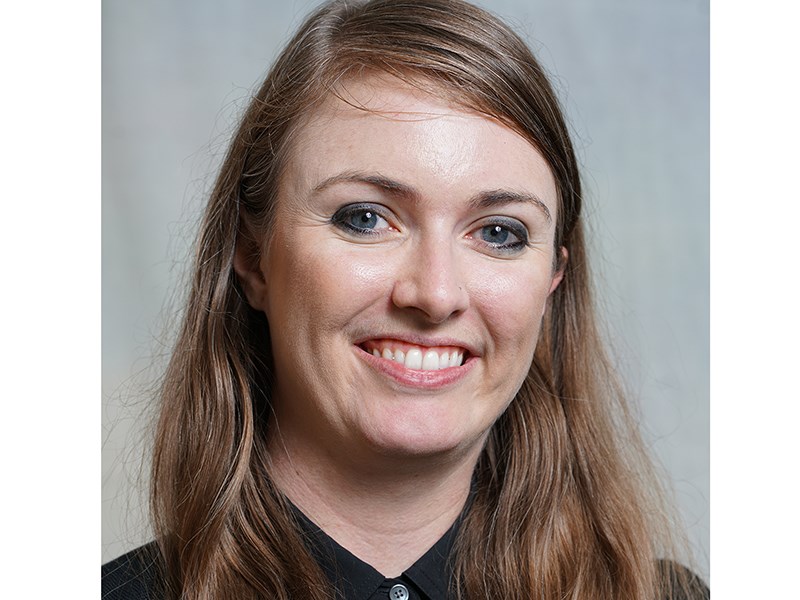City of Powell River will be partnering with qathet Regional District to apply for a $20,000 housing needs assessment grant to complete a regional housing needs assessment report in 2020.
At the city council meeting on Thursday, September 19, councillors carried a motion to apply for a grant from the Union of BC Municipalities.
Councillor Maggie Hathaway said Tla’amin Nation does not qualify for the grant, but to make this truly a regional housing assessment, the nation is willing to contribute a share of money toward the assessment, so it will be a regional study of what the housing needs will be down the road.
Councillor CaroleAnn Leishman, a city director on the qathet Regional Board, said the regional board approved its participation in this regional housing needs assessment grant application the previous evening at its board meeting.
“It’s definitely well needed,” said Leishman.
Hathaway said the province has mandated that every municipality and regional district has a housing needs assessment done, so they are providing the funding for it.
“It will help us move forward down the road,” she said.
At the city’s committee of the whole meeting on Tuesday, September 17, senior planner Daniella Fergusson outlined a report making the request to apply for the regional housing needs assessment grant funding.
“It’s a good news report for today,” said Fergusson.
She said the portion the city can apply for is up to $20,000 for a housing needs assessment and there is no matching grant requirement for the city.
“This is a very exciting opportunity,” said Fergusson. “The province updated the Local Government Act earlier this year to require that municipalities do a housing needs assessment every five years and that the housing needs assessment must inform the official community plan.
“That way, when we are looking at land uses in the future, we know how much of what kind of housing we need. The purpose of the housing needs assessment is to begin that process.”
Fergusson said the city would be working with the regional district and Tla’amin as an entire housing region. She said in addition to the city’s $20,000 application, the regional district is eligible to apply for $60,000, for an $80,000 total funding request. Although Tla’amin is not eligible to apply for this grant, it is anticipated that it will submit $15,000 to be part of the study, said Fergusson.
The project will be managed by regional social planner Meriko Kubota if the city and regional district are successful in procuring funding. Fergusson would represent the planning department in providing input into the process. There would also be representation from the regional district and Tla’amin Nation to provide input.
Fergusson said if the city chooses to go ahead with the application and funding is received, once the money has been received, there is a deadline of one year for completion of the report.
“If everything goes according to plan we could expect to see the housing needs assessment by 2020,” said Fergusson.
Councillor Maggie Hathaway said she was excited about the grant application. She said it was an opportunity the provincial government had mandated the city to do and UBCM has been provided funding.
“Doing it as a collaboration with the three governments is really exciting for me,” said Hathaway. “We are going to do a needs assessment for the entire area.”
The housing roundtable, which Hathaway chairs, is concentrated on the city, so this assessment will allow a different point of view.
“We definitely need to apply,” said Hathaway.
Councillor George Doubt said it would be great to have this provincial money to do this job, which is important. His understanding is that this report will not simply determine the number of homes required over the next few years, but will also determine the types of housing needed for seniors, long-term care facilities and housing for the homeless.
“It’s going to give us a valuable tool for the future, looking at everything the city does, to figure out just exactly where we need to provide more housing,” said Doubt. “I’m looking forward to getting this done.”
Councillor Jim Palm, chair of the committee of the whole, asked if this document dictates what goes on in the future, or will it just be a guide.
Fergusson said when the city updates the official community plan or updates the zoning bylaw, it could provide information to evaluate whether there was enough of the right kind of housing going in the right places.
“The housing needs assessment would certainly not prevent people from building any houses by any means,” said Fergusson.



